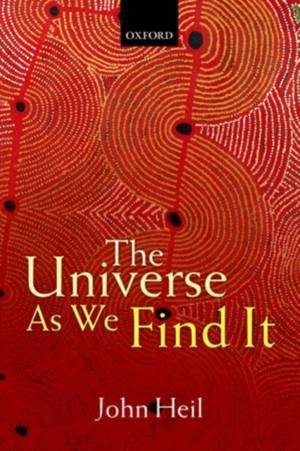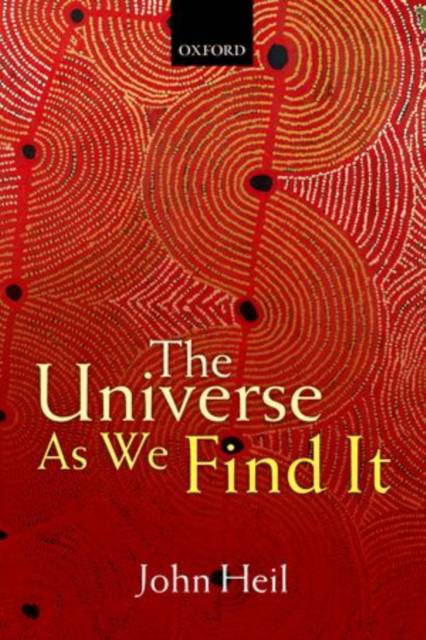
Je cadeautjes zeker op tijd in huis hebben voor de feestdagen? Kom langs in onze winkels en vind het perfecte geschenk!
- Afhalen na 1 uur in een winkel met voorraad
- Gratis thuislevering in België vanaf € 30
- Ruim aanbod met 7 miljoen producten
Je cadeautjes zeker op tijd in huis hebben voor de feestdagen? Kom langs in onze winkels en vind het perfecte geschenk!
- Afhalen na 1 uur in een winkel met voorraad
- Gratis thuislevering in België vanaf € 30
- Ruim aanbod met 7 miljoen producten
Zoeken
€ 56,95
+ 113 punten
Uitvoering
Omschrijving
What does reality encompass? Is it exclusively physical, or does it include mental and 'abstract' aspects? What are the elements of being, reality's raw materials? John Heil offers stimulating answers to these questions framed in terms of a comprehensive metaphysics of substances and properties inspired by Descartes, Locke, and their successors.
Specificaties
Betrokkenen
- Auteur(s):
- Uitgeverij:
Inhoud
- Aantal bladzijden:
- 326
Eigenschappen
- Productcode (EAN):
- 9780198738978
- Verschijningsdatum:
- 9/04/2015
- Uitvoering:
- Paperback
- Afmetingen:
- 156 mm x 233 mm
- Gewicht:
- 492 g

Alleen bij Standaard Boekhandel
+ 113 punten op je klantenkaart van Standaard Boekhandel
Beoordelingen
We publiceren alleen reviews die voldoen aan de voorwaarden voor reviews. Bekijk onze voorwaarden voor reviews.









